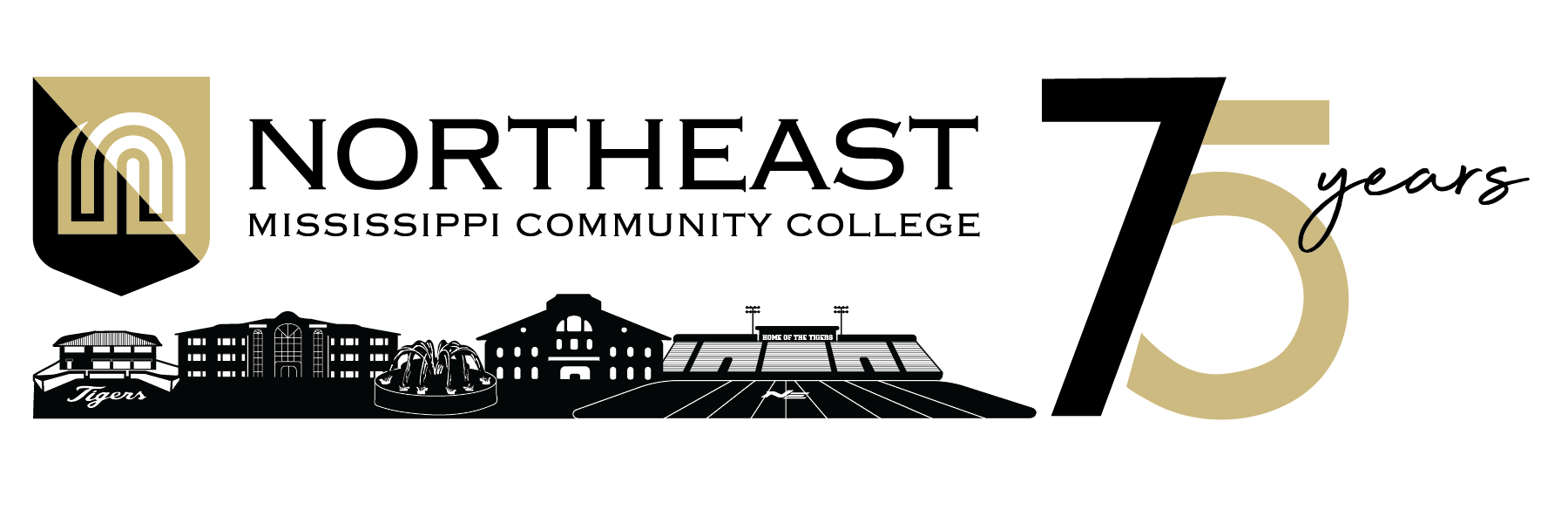Medical Laboratory Technology
Associate of Applied Science
[ Shannon Goolsby, Rosalyn Singleton ]
This program is designed to prepare a qualified person to work in a medical laboratory under the supervision of a medical technologist or pathologist and/or other physicians. The student performs routine laboratory procedures and tasks in the areas of hematology, bacteriology, blood banking, chemistry, parasitology, serology and urinalysis. A student must make a grade of “C” or better in each academic course and each MLT course; in addition, he must make a grade of “C” or better in each course which is prerequisite to other courses in the program. (These are requirements for progression in the program and for graduation.) A graduate of this program is eligible to apply for admission to take national examinations for certification as a Medical Laboratory Technician. The program is accredited by the National Accreditation Agency for Clinical Laboratory Sciences, 5600 N. River Road, Suite 720, Rosemont, IL, 60018-5119. Phone: (773) 714-8880. www.naacls.org
CIP Code: 511004
Program Code: 8730
First Year
First Semester — 19 hrs
(Prerequisite: ACT composite of 19 or credit in BIO 1534 with a "C" or above.) A combined lecture and laboratory course that covers the anatomical and physiological study of the human body as an integrated whole. The course includes detailed studies of: biological principles; tissues; and the integumentary, skeletal, muscular and nervous systems. Labs associated with this course contain experiments and exercises that reinforce the principles introduced in lecture classes. Three hours lecture and two hours laboratory.
English 1113 prepares the student to think critically and compose texts for academic and professional rhetorical situations. Three hours lecture.
The course includes an overview of the field of Medical Laboratory Technology, as well as familiarization with laboratory safety, microscopes, glassware, and equipment. It also includes laboratory organization, medical ethics, and employment opportunities. Basic laboratory specimen collection techniques are introduced. Two hours laboratory.
This course is a study of the function of blood, morphology, and maturation of normal cells, blood cell counts, differentials of white cells, and blood collection and handling. Two hours lecture and two hours laboratory.
This course is designed to teach computer applications to include: word processing, electronic spreadsheet, database management, presentation design, and electronic communications. Three hours lecture.
Basic skills, principles, and techniques for the staining, culturing, isolation, and identification of parasites, viruses, and fungi of medical importance are emphasized in this course. This course covers the morphology, physiology life cycles, and epidemiology of parasites with emphasis on human pathogenic parasites. Identification of the parasites, viruses, and fungi from human material is also included. One hour lecture and two hours laboratory.
Choose from any MAT course 1313 or higher. *Some programs may only require MAT 1233 or higher.
Second Semester — 18 hrs
(Prerequisite: BIO 2514 with a "C" or above) A combined lecture and laboratory course that includes detailed studies of the anatomy and physiology of human special senses, endocrine, cardiovascular, lymphatic and immune, respiratory, digestive, and urinary systems, as well as reproduction and development. Labs associated with this course contain experiments and exercises that reinforce the principles introduced in lecture classes. Three hours lecture and two hours laboratory.
(Concurrent enrollment in CHE 1213 required.) A laboratory course that contains experiments and exercises that reinforce the principles introduced in CHE 1213 General Chemistry I, Three hours laboratory.
(Concurrent enrollment in CHE 1211 required; must also have ACT Math of 19 or above, credit in MAT 1233 with a “C” or better, or credit in CHE 1313 with a "C" or better.) A lecture course that covers the fundamental principles of chemistry and their application. Chemical nomenclature, chemical reactions, stoichiometry, atomic structure, bonding theories, energy, periodic properties, and gas laws are among the topics discussed in depth. Three hours lecture.
The study of abnormal cell morphology and diseases involving blood cells, test procedures used in laboratory diagnosis of hematological disease, normal and abnormal hemostasis, and diagnostic procedures for evaluation of bleeding abnormalities and anticoagulant therapy. Two hours lecture and four hours laboratory.
This course covers the science of immunology and serology through the study of theories and processes related to natural body defenses. Included are basic antigen-antibody reactions, complement action, cellular response, humoral immune response, and the basic serological procedures used to aid in the detection of certain diseases. Throughout this course, special emphasis is placed on correlating laboratory results with the patient’s probable condition. Two hours lecture and four hours laboratory.
Choose from any fine arts classes.
Summer
Summer I (June) — 6 hrs
(Prerequisite: MLT 1313, MLT 1324, and MLT 1413 with a grade of C or above) Clinical practice and diadetic instruction in a clinical affiliate. Areas covered are hematology and immunology. Eighteen hours clinical.
Summer II (July) — 7 hrs
(Prerequisite: College level Biology course) A combined lecture and laboratory course providing a comprehensive study of microbial agents to include taxonomy, metabolism, physiology and genetics, concepts of pathogenesis and immunity. Labs in this course provide experiments that reinforce principles introduced in the lecture to include fundamental laboratory techniques in lab safety, microscopy, culturing and identification of microbes, and effectiveness of antimicrobial agents. Three hours lecture and three hours laboratory.
Choose any Social or Behavioral Science course in sociology, psychology, political science, geography, economics, or educational psychology.
